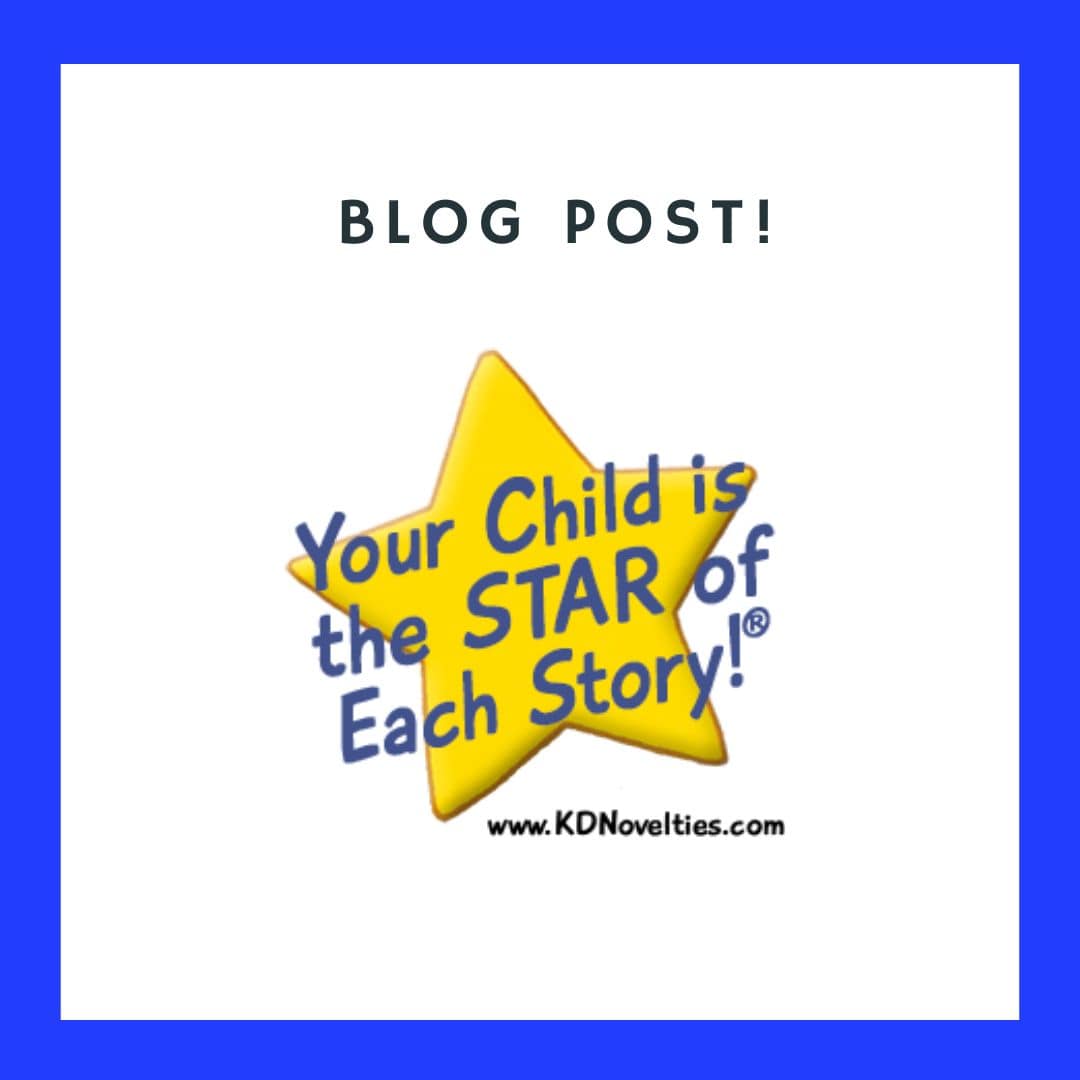Reading is a key skill that can help with academics as well as in life. Critical thinking, understanding abstract concepts, effective communication and a slew of other skills can develop once basic reading fundamentals are mastered. On average, kids learn to fully read on their own by age 6 or 7, but reading shouldn’t wait for that age to start. Reading can start from the moment your child is born. There are many benefits to reading to your newborn, and it can be more helpful (and in more ways) than you think.
Quality Time
Even if your child is a newborn, reading to them can be extremely beneficial. They get used to your voice and they can experience the quiet calm that comes with storytelling. Even if your child cannot understand the details of the story you’re telling them, they are slowly becoming more acquainted with language and with you.
Brain Boosting
Research shows that the more words a baby is exposed to, the better prepared they are to start reading on their own when they’re old enough. Exposing kids to language can help them develop speaking and reading skills faster and it can also help them build an impressive vocabulary. Studies have shown that children who were read to as newborns generally have a larger vocabulary, as well as more advanced mathematical skills, than other kids their age.
It Still Garners a Response
Many parents who read to their newborns may actually notice their little one responding to the rhythmic movement of their parent’s voice with their little arms and legs. Reading has proven to help children learn to listen but also to see and hear what is around them, often eliciting a personal response as they become more familiar and try to interact, too.
Getting Emotional
Reading can help kids of all ages learn to empathize and sympathize. Older children learn to see the world through someone else’s eyes, exposing them to different hardships, problems, and general perspectives. For younger children, simply the tone of voice can say a lot about how a character is feeling as well. Your child can develop key listening skills that can communicate emotion and feeling without using outright words or simply stating so.
Visual Excursions
Since many children’s books include pictures and illustrations, reading to your child can open their minds to images, pictures, symbols, and more. Plus, the visual correlation between the story and the images on the page can help kids develop skills that will allow them to imagine and understand abstract concepts as they get older.
Making Reading Fun
Making it a part of your regular family routine will teach your child that reading is something to be enjoyed, not a chore that needs to be done for school.
